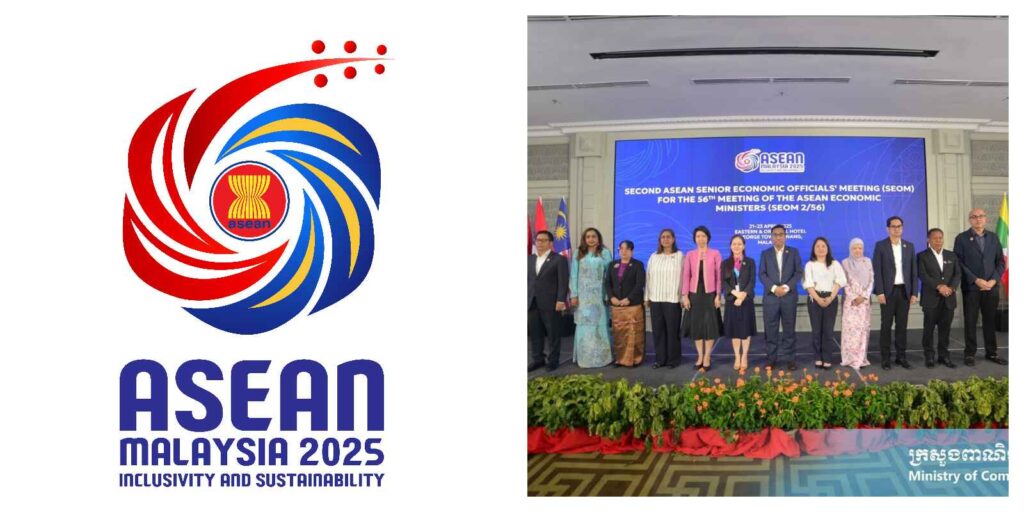By James Mario Ajero
The recent spat between India and Pakistan is a worrying sign, according to former Minister Udaya Gammanpila, who said Sri Lanka should also reconsider pushing through an energy connectivity deal with New Delhi.
Following an attack against Hindu tourists in Pahalgam, India has suspended the Indus Waters Treaty, expelled Pakistani diplomats, and closed borders.
As the tensions between the South Asian neighbours reach a crescendo after the suspension of the water treaty, Gammanpila said that this could also happen to Colombo should it earn the ire of New Delhi.
Sri Lanka-India energy deal
Sri Lanka President Anura Kumara Dissanayake recently signed two memorandums of understanding regarding the plan to connect two power grids with India.
The project will also facilitate the building of a multi-product petroleum pipeline.
The former official said there is a caveat in pursuing a power connectivity deal with India as it could put Sri Lanka’s long-term interests at serious risk.
YOU MAY ALSO LIKE: ASEAN on the cusp of major economic change

“In our case, we seek energy connectivity with India. Yet, Pakistan has not sought to be dependent on India voluntarily for water.”
“It happens to be a riparian state. It depends on six rivers flowing from India for water requirements.”
“If water supply, a basic humanitarian need, is sought to be cut in the event of an issue, we have to think twice in getting connected to India for electricity and petroleum supplies,” he said in a press conference, as quoted by Daily Mirror Online.
Despite their two wars in the past, both India and Pakistan opted to uphold the 1960 Indus Waters Treaty (IWT) which was seen as an example of transboundary water management.
Hegemonic rivalries
The Indian Ocean, on the other hand, is historically considered New Delhi’s backyard despite other major players in the region.
Dissanayake, whose seismic victory in the last presidential polls catapulted the leftist coalition National People’s Power (NPP) to power, has not made major moves to detach the island from India’s orbit.
This is despite many regional observers believing that Dissanayake’s ideological closeness to China might help Beijing widen its influence over the island.
READ NEXT: Shenzhou-20: China reaches for the stars in new space launch
